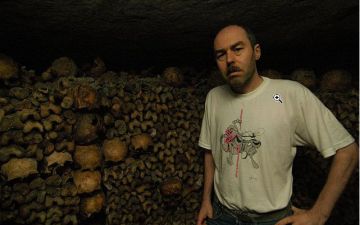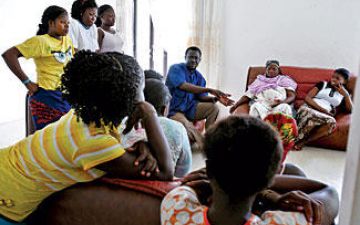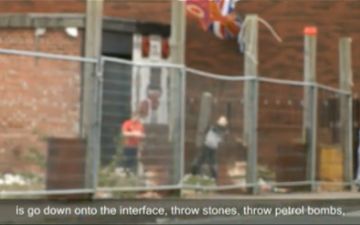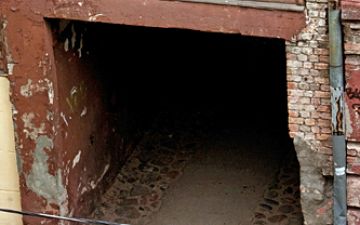Fragile States: Continuing Struggles for Bosnia and Herzegovina
More than a dozen years have passed since Bosnia and Herzegovina's bloody civil war ended. Although the country has repaired physically, its citizens are experiencing political and social challenges. Special correspondent Kira Kay examines political instability in Bosnia 14 years after the end of a brutal civil war that resulted in the deaths of 100,000 people.





